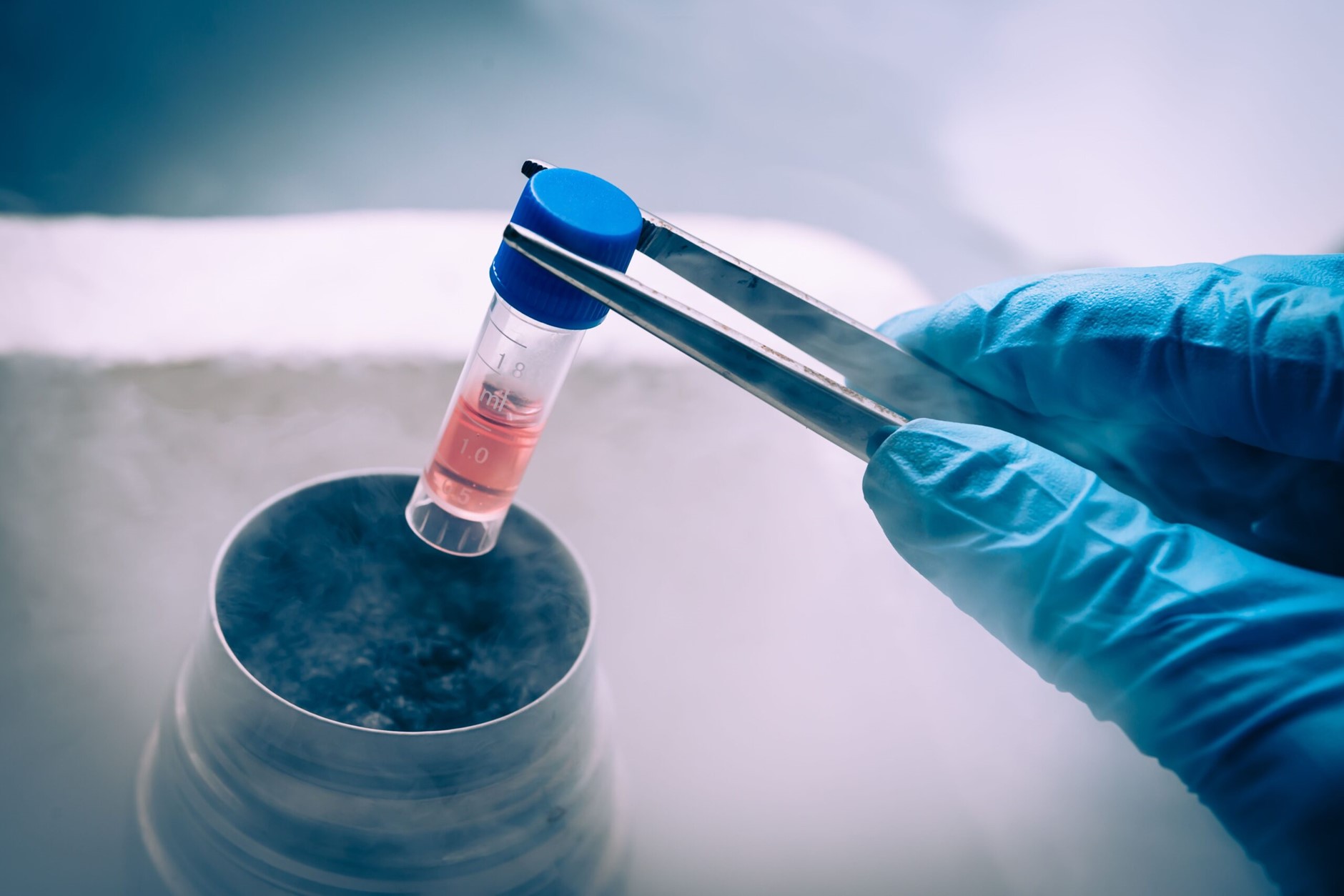Fertility preservation
Cancer is a scary disease that impacts a person’s overall well-being. Fertility preservation gives hope to the cancer survivor of having a family in the future. Cancer treatments can impact fertility. Cancer patients have several options to preserve their fertility. Hence fertility preservation should be made before the start of cancer treatment.
Fertility preservation aims to offer patients the ability to have biologically related children. It is an essential component of cancer care protocols to improve the quality of life of survivors.
Who does fertility preservation?
Fertility preservation in its truest sense is provided by a fertility specialist. The treatment is given in a fertility clinic.
Types of fertility preservation
There are two types of fertility preservation. The first, is the removal and freezing of eggs, sperms, embryos, and tissues. The second way is to minimize the impact of cancer treatment on the reproductive tissues.
Fertility preservation for female cancer survivors:
Egg freezing: For a young unmarried female cancer survivor, egg freezing method for fertility preservation is suitable. This method is also known as Cryopreservation. It is crucial to get this procedure done with an expert. Egg freezing or Oocyte Cryopreservation involves stimulation, collection and freezing of eggs.
Embryo freezing: Embryo freezing, also known as embryo Cryopreservation, helps preserve fertility in married female cancer survivors. In this process, the mature eggs are removed from the cancer patient, fertilization or ICSI is done with partner sperm and the thus formed embryos are cryopreserved in the lab .
Ovarian tissue freezing: Ovarian tissue freezing involves collecting the ovarian tissue via laparoscopy and cryopreserving the ovarian tissue. After the cancer treatment, the ovarian tissue can be thawed and transplanted. After some time, the transplanted tissue will function again, and attempts to fertilize them can be done under the supervision of a fertility expert.
Ovarian transposition: In this ovarian transposition position, the ovaries are moved away from the target zone of radiation therapy (cancer treatment). This is an excellent option for young girls or women who attained puberty. The ovaries tend to fall back in position after a certain period. The ovarian transposition procedure is conducted just before the radiation therapy.
Fertility sparing surgery: Surgeries which are done with a view to preserve the reproductive organs such as uterus, ovaries, testes etc are called fertility preserving surgeries. Example in Cervical cancer in the early stages, the surgeon may sometimes remove the only cervix (trachelectomy). This procedure is done without removing the entire uterus. The other example is removal of only one ovary that is affected by cancer. In both these procedures, fertility is preserved.
Ovarian suppression: Ovarian suppression is a method where a cancer patient who has to undergo chemotherapy is made to go under temporary menopause with some drugs. Drugs like Gonadotropin-releasing hormone (GnRH) help temporarily dysfunction the ovaries and protect them from damage.
Progesterone therapy: Some women have pre-cancerous changes (endometrial hyperplasia) in the uterus lining cells. They may be diagnosed with slow-growing cancer cells. The standard treatment is the removal of the uterus, known as hysterectomy.
However, some women who still plan childbirth may be given Progesterone therapy with an intrauterine device (IUD) or as a pill. After childbirth, the doctors may recommend removing the uterus, fallopian tubes, and ovaries since there is a high risk of ovarian cancer.
Fertility preservation in male cancer survivors
Semen Cryopreservation: Semen Cryopreservation, also known as sperm freezing, is a procedure where sperm is stored for future fertilization. This process helps preserve a man’s fertility if he is undergoing cancer treatment which jeopardizes his fertility. Sperm does not get damaged at low temperatures.
In males with a partner: The process of sperm freezing can be done with IVF and embryo freezing. The couple can be assured of their progeny soon after the cancer therapy.
Intracytoplasmic Sperm Injection (ICSI) – IVF: The ICSI is a specialized treatment in IVF, a treatment given in severe cases of infertility in men. The severity can be due to cancer treatment or any other reason.
Testicular preservation: This option is best suited for young boys and men undergoing cancer treatment. Men undergoing cancer may lose spermatogonial stem cells (SSCs) present in testis due to radiation or chemo exposure. In such cases, sperm cryopreservation is no option at all. Hence, testicular preservation is a good option.
Conclusion: Fertility preservation plays an important role in persons suffering from any kind of cancer in males and females. We at Esha IVF fertility center will provide the best treatments that suit your needs and ensure you lead a normal fertile life even after cancer treatments. You can be biological parents despite all odds in your life.








